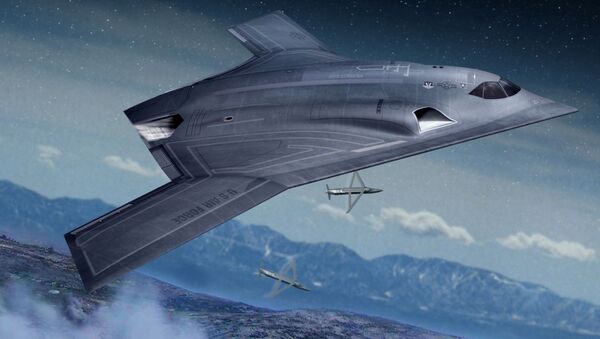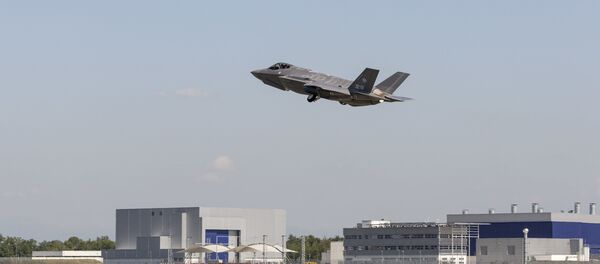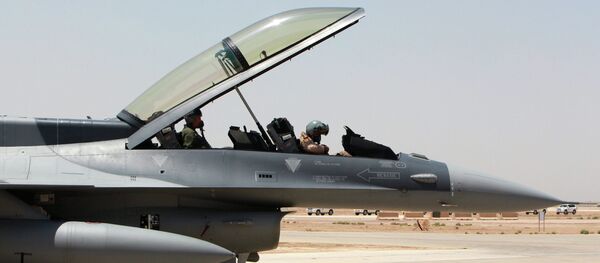Last month, the Pentagon selected Northrop Grumman to build a new bomber fleet made up of between 80 and 100 planes. The Air Force claims it can build 100 bombers for no more than $564 million each.
Lawrence Korb – who served as assistant secretary of defense under President Ronald Reagan and is now a senior fellow at the Center for American Progress – doubts that claim.
"But even if that were true, the price tag does not include the development costs, estimated to exceed $20 billion," Korb writes in an article published Tuesday by Reuters.
He points out that the projected costs are in 2010 dollars – not the actual amount taxpayers must pay in 2017, when the planes start to roll off the assembly line. The 2010 price also assumes there will be no cost overruns or delays – like the kind that have caused the F-35 joint strike fighter’s projected costs to balloon.
"After the spiraling cost estimates of the F-35, Congress should be skeptical of the Air Force's estimate of the cost of the new bomber," Korb writes.
Secondly, Korb questions whether the Pentagon can even afford the new bomber, given that it is simultaneously modernizing the other two legs of its nuclear triad: the submarine-launched and land-based ballistic missiles.
Modernizing all three is estimated to cost $350 billion over the next decade, and at least $1 trillion over the next three decades. For the Navy to build its new ballistic-missile submarines within its budgets, it would have to stop buying aircraft carriers and attack submarines for the next decade.
Furthermore, the new bomber fleet, which will be part of the nuclear fleet, has been advertised as an enhancement to national security, a description Korb questions.
The Air Force plans to buy at least 1,000 new long-range standoff cruise missiles, which are nuclear capable and which will cost at least another $20 billion.
Korb says the new missiles will be destabilizing, because adversaries will not know whether the cruise missile on a new bomber is nuclear or conventional. The uncertainty, he says, could lead to a nuclear retaliation to a conventional attack.
The new missiles could also lead Washington's nuclear rivals China and Russia pursue nuclear cruise missile capabilities of their own.
"Until these questions are answered," Korb writes, "Congress and the administration need to delay moving forward with the new bomber program."




